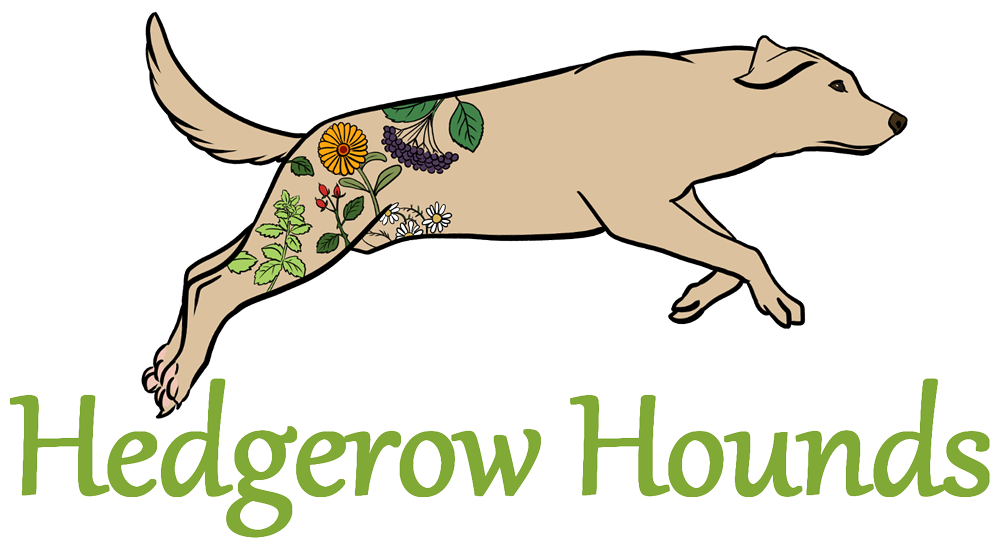The gut is very sensitive to emotions, and I am sure we have all experienced the butterflies in the stomach, stomach cramps, that tight feeling in our guts, or acid indigestion which can come on in a split second when we are nervous, excited, fearful or anticipating a particular event. And our dogs are just the same.
If this is a brief episode, it is unlikely to have any lasting health effects, if on the other hand, it is a regular occurrence with little respite then the impact on the gut and therefore the health is huge.
There is a major factor in the link between gut health and emotions in the form of the enteric nervous system also referred to as the ENS.
The ENS consists of millions of nerves lining the gut and specialists often call it the “second brain” as it has complex pathways to relay information back and forth from the gut to the brain as they interact.
It is capable of shutting down digestion in times of acute stress such as in a fight or flight situation.
Stress can be caused by many factors such as separation anxiety, excessive ball throwing so the dog is on a constant adrenaline high, inappropriate exercise for the dog’s age or mobility, picking up on the owner’s emotional stress, inability to cope in a noisy or stressful household and pain, illness or disease.
Whilst these are mainly emotionally based reactions that can be witnessed as the dog exhibiting certain behaviours, a poor quality, inappropriate diet, and exposure to toxins or chemicals can also cause the body stress, which may not show any visible signs immediately but develop over time into disease or outwardly noticeable changes in health and behaviour.
A gut that isn`t functioning correctly can manifest as the dog showing anxious, edgy, or reactive behaviour, which in turn triggers the release of stress hormones into the bloodstream such as adrenalin, and in the case of cortisol increases the level of glucose in the blood and will over time adversely affect the adrenal glands.
Time to chill. Having time-out or chill-out days can be very beneficial to anxious, reactive, or even very active dogs, to bring them back into some sort of balance and down from their constantly stimulated state of mind.
A dog that is in a heightened state of fear, stress, panic and self-preservation will not physically be able to process and learn what is being asked of them. So by bringing down their stress levels, they will be in a better frame of mind to learn new skills, cope with their stress, and grow in confidence to make better decisions that are not fuelled by fear.
When dogs are over-excited, anxious or constantly alert to potential dangers their autonomic nervous system releases the fight or flight chemical adrenaline into the bloodstream, over time this becomes very damaging to the whole body and the gut in particular. The other subdivision of the autonomic nervous system is the parasympathetic which is sometimes called the “rest and digest system” and creates calm, relaxation, and a happy gut and this is what we are hoping to nurture on these quiet, restful days.
Anxiety can present itself in many ways, here are a few to look out for:
• Digestion problems - IBS, Diarrhoea
• Over excitability
• Reactive behaviour (aggression)
• Excessive barking
• Noise sensitivities
• Humping
• Resource guarding
• Chewing or scratching the body
• Inappropriate toileting in the house
• Excessive licking
• Ball obsession
• Pacing
There are several products on the shop to help relax and support nervous, anxious, and reactive dogs
Tranquil is an herbal blend created specifically with the nervous, anxious, reactive & stressed dog in mind https://www.hedgerowhounds.co.uk/products/tranquil-relax-calm
Digest & Rest https://www.hedgerowhounds.co.uk/products/digest-and-rest
Other blogs to help stressed and anxious dogs:
https://www.hedgerowhounds.co.uk/news/snuffle-mats-and-balls
https://www.hedgerowhounds.co.uk/news/anxious-dog
https://www.hedgerowhounds.co.uk/news/feeding-raw-bones
